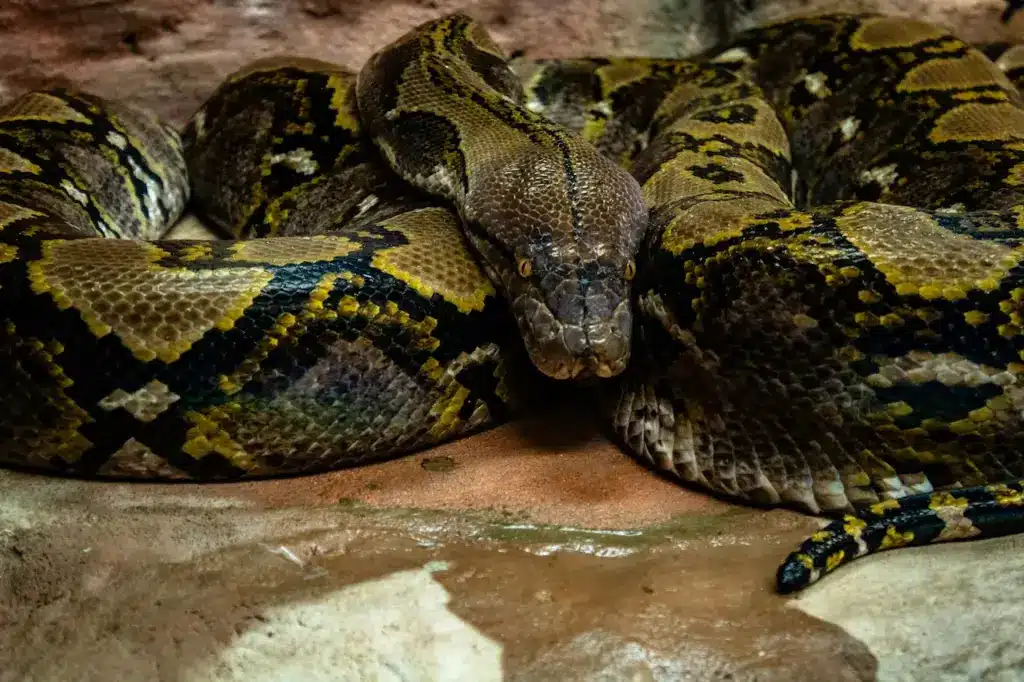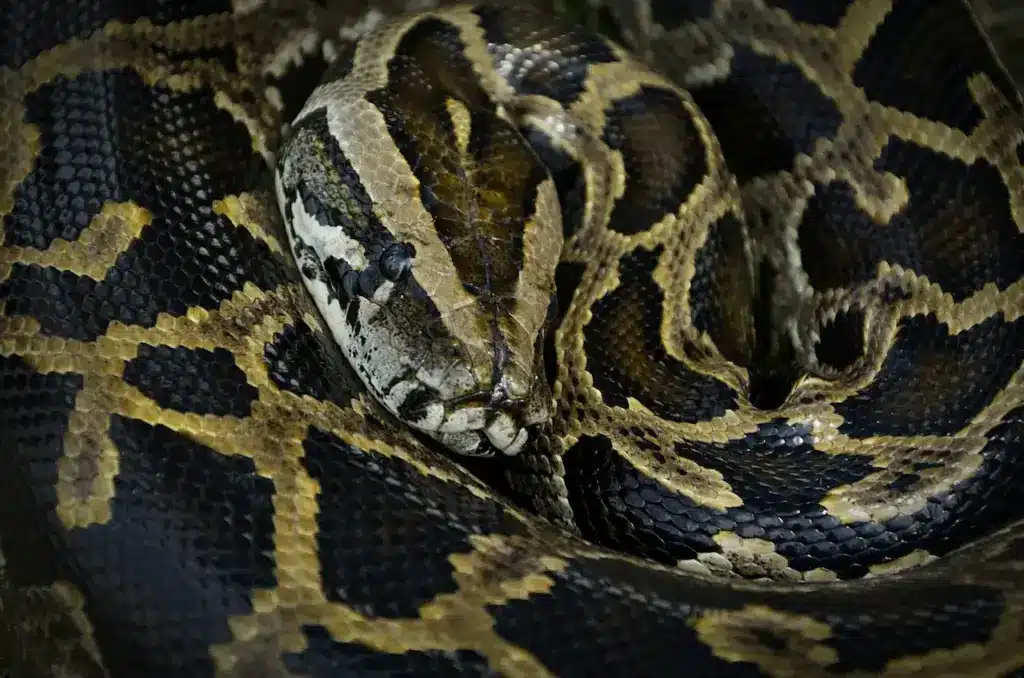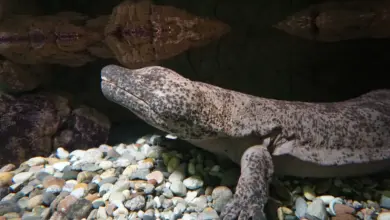Burmese Pythons Hunted In Florida
Invasive Species: We need to hunt them before they hunt us . . .
Today In Wildlife News & Wild Animal Facts
In the wake of a human death, Florida wildlife officials last week began commissioning “snake hunters” to track down and kill as many as 100,000 invasive Burmese pythons that have been feasting on Everglades wildlife for years. The huge constrictors surfaced as a threat to humans earlier this month when a toddler was squeezed to death by an 8-foot-long Burmese python owned by her family as a pet.

Burmese pythons are a formidable predator. They can reach a length of 26 feet and attain weights of over 200 pounds–although the largest one ever captured in Florida measured a meagre 16 feet. They are good climbers and good swimmers–and when it comes time to make little pythons, they can lay up to 100 eggs.
So far, Florida has issued permits for five people to hunt the snakes, which became feral after either escaping from pet owners and/or pet shops, or were intentionally released into the wild. The snakes, native to South Asia, may now be reproducing in South Florida, and five snake hunters don’t seem like nearly enough to get the job done. . . .

Florida’s python problem is only one of the most dramatic examples of the environmental horrors that can occur when non-native species are released into an environment where they have a plentiful food supply, plenty of suitable habitat and few natural enemies. Under these conditions, an introduced plant or creature becomes an invasive species and often threatens the very existence of organisms that are native to the invaded range. Snakes such as the Burmese python are particularly destructive of bird and rodent species, and they do not avoid animals that happen to be on anyone’s list of top 10 endangered species. In Florida they’ve even been known to take on medium-size alligators–and of course, when they get large enough, they can become a threat to humans.
To read more about the Florida pythons, or to review the requirements for becoming a Florida python hunter, click here.



